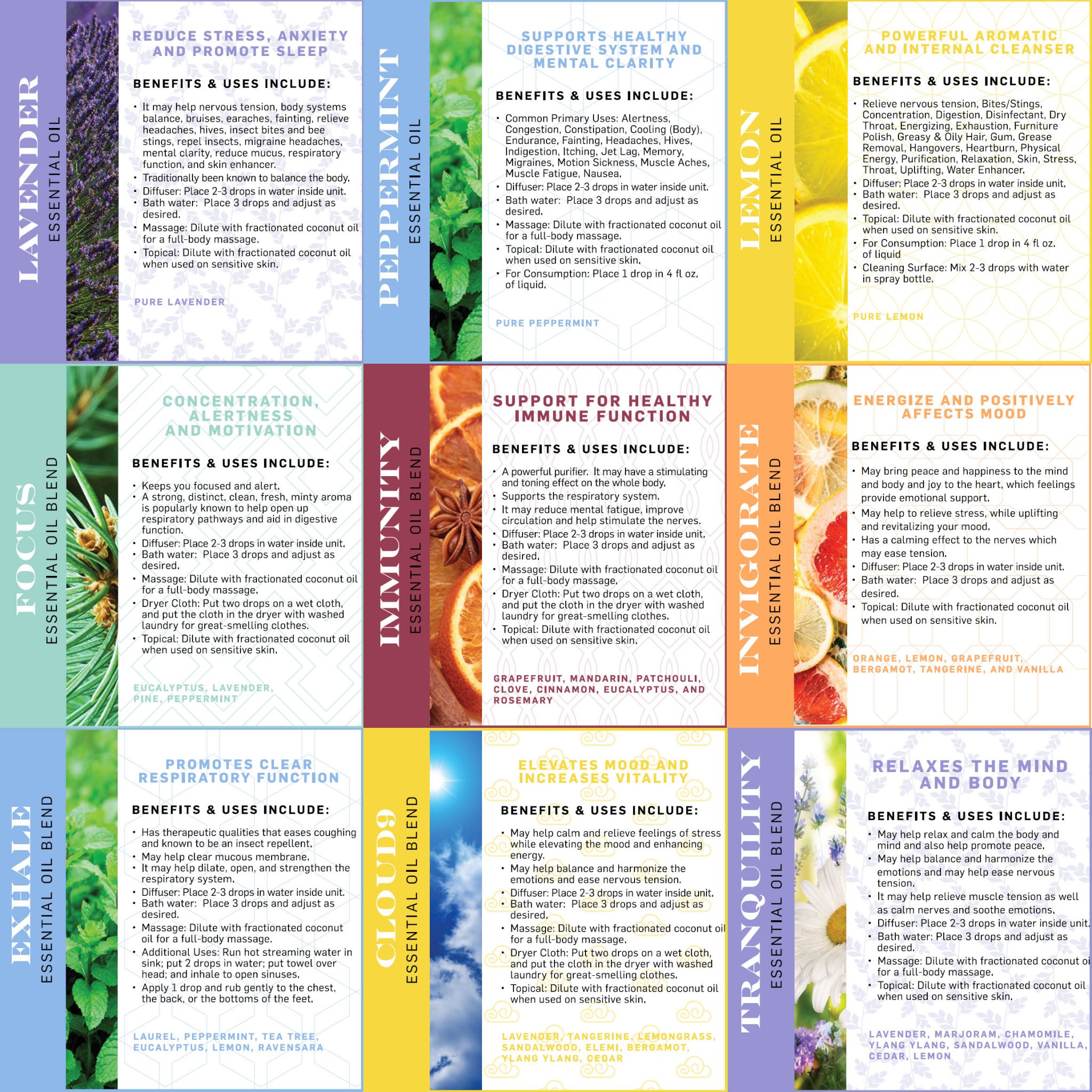Understanding The Good Life: Perspectives From Philosophy And Psychology

Table of Contents
Philosophical Perspectives on the Good Life
Philosophers have grappled with the concept of "the good life" for millennia, offering varied and often contrasting perspectives. These perspectives provide valuable frameworks for understanding and pursuing a life of meaning and purpose.
Ancient Greek Philosophers
Ancient Greece birthed some of the most influential philosophical ideas about the good life.
- Aristotle's Eudaimonia: Aristotle believed the good life, or eudaimonia, is achieved through the cultivation of virtue and the realization of one's potential. This isn't simply happiness, but a state of flourishing and living well. Practical application in modern life involves identifying your strengths and working towards excelling in areas that bring you fulfillment. However, a limitation is the potentially elitist nature of focusing on virtue, as it assumes access to resources and opportunities for development.
- Epicureanism: Epicurus emphasized pleasure and the absence of pain as the ultimate good. This doesn't necessarily mean hedonism, but rather a life of simple pleasures, friendship, and freedom from anxieties. Modern applications include prioritizing mental and physical health, cultivating meaningful relationships, and minimizing stress. A limitation is the potential for neglecting responsibilities and societal contributions in the pursuit of individual pleasure.
- Stoicism: Stoics, like Epictetus and Marcus Aurelius, focused on virtue, reason, and acceptance of what we cannot control. The good life, for them, involves living in accordance with nature and developing inner resilience. Modern applications include practicing mindfulness, acceptance of difficult emotions, and focusing on what we can control. A potential limitation is the difficulty of maintaining a stoic mindset in the face of extreme hardship or injustice.
Key concepts: eudaimonia, virtue ethics, hedonism, ataraxia (freedom from disturbance), apatheia (freedom from passion), reason, virtue, acceptance.
Practical applications: Mindfulness practices, cultivating meaningful relationships, pursuing personal growth, developing emotional regulation skills, engaging in self-reflection.
Limitations: Potential for elitism (Aristotle), potential for neglecting responsibility (Epicureanism), difficulty in applying consistently (Stoicism).
Modern Philosophical Approaches
Contemporary philosophy builds upon and challenges the ancient traditions, offering new perspectives on the good life.
- Existentialism: Existentialists like Sartre and Camus emphasize individual responsibility and the creation of meaning in a seemingly meaningless universe. The good life, for them, is one of authentic self-creation and engagement with the world. Modern applications involve taking responsibility for one's choices, embracing freedom, and creating personal meaning systems.
- Nihilism: Nihilism challenges the very notion of a "good life," arguing that life is inherently meaningless. While seemingly pessimistic, engaging with nihilistic thought can lead to a deeper understanding of personal values and motivations. It can drive a search for meaning despite the apparent absence of inherent purpose.
- Virtue Ethics: A resurgence of virtue ethics emphasizes character development and the cultivation of moral virtues as central to a good life. This approach builds on Aristotle's ideas but applies them to contemporary moral dilemmas. Modern applications involve identifying and cultivating virtues like honesty, compassion, and justice.
Contrasting views: The inherent conflict between subjective meaning-making (existentialism) and the objective search for universal values (virtue ethics). The challenge of living authentically in a society that often imposes external pressures.
Psychological Perspectives on the Good Life
Psychology offers empirical insights into what contributes to a fulfilling life, complementing philosophical approaches.
Positive Psychology
Positive psychology focuses on human strengths and flourishing, offering practical strategies for improving well-being.
- PERMA: Martin Seligman's PERMA model suggests five key elements of well-being: Positive emotions, Engagement, Relationships, Meaning, and Accomplishment. Cultivating these elements is crucial for achieving a good life.
- Mindfulness and Gratitude: Mindfulness practices enhance self-awareness and emotional regulation, while gratitude fosters positive emotions and enhances relationships. Both are crucial for overall well-being.
Research findings: Studies show strong correlations between PERMA elements and overall life satisfaction. Mindfulness and gratitude interventions have been shown to reduce stress and increase happiness.
Practical techniques: Meditation, journaling, expressing gratitude, cultivating strong social connections, setting meaningful goals.
Applications in therapy: Positive psychology principles are integrated into various therapeutic approaches to help individuals build resilience, overcome challenges, and enhance well-being.
Self-Determination Theory
Self-Determination Theory (SDT) proposes that autonomy, competence, and relatedness are fundamental psychological needs. Satisfying these needs is crucial for well-being and intrinsic motivation.
- Autonomy: Feeling in control of one's life and choices.
- Competence: Feeling capable and effective.
- Relatedness: Feeling connected to others and belonging.
Examples of fostering these needs: Setting personal goals, seeking challenges, building strong relationships, engaging in activities you enjoy, seeking feedback and support.
Research support: Extensive research supports the link between fulfilling these needs and increased well-being, intrinsic motivation, and life satisfaction.
Implications for personal growth: Understanding and addressing unmet needs can lead to significant improvements in overall well-being and a stronger sense of purpose.
Hedonic vs. Eudaimonic Well-being
Two distinct approaches to well-being exist: hedonic (pleasure-based) and eudaimonic (meaning-based).
- Hedonic well-being: Focuses on maximizing pleasure and minimizing pain. Think feeling good.
- Eudaimonic well-being: Focuses on living a meaningful and purposeful life. Think living well.
Research comparisons: Research suggests that while hedonic well-being contributes to overall happiness, eudaimonic well-being is often a stronger predictor of life satisfaction and overall meaning.
Practical strategies: Balancing activities that bring you pleasure with those that contribute to a sense of purpose and meaning. Identifying your values and aligning your actions with them.
Balancing pleasure and purpose: Integrating both hedonic and eudaimonic pursuits creates a richer and more fulfilling life.
Conclusion
This article explored diverse perspectives on "the good life," drawing from both philosophy and psychology. We examined ancient wisdom and modern scientific research to understand the key elements contributing to a fulfilling and meaningful existence. The journey towards "the good life" is a personal one, requiring self-reflection and a commitment to cultivating virtues, pursuing meaningful goals, and fostering strong relationships. Different philosophical and psychological approaches offer valuable frameworks for this journey. Finding your own path to "the good life" requires introspection and a willingness to experiment with different strategies.
Call to Action: Begin your own exploration of "the good life"! Reflect on the concepts discussed here and identify which approaches resonate most with you. Start incorporating practical strategies to enhance your well-being and build a life rich in meaning and purpose. Further research into positive psychology, virtue ethics, or other relevant areas can deepen your understanding of what constitutes your good life. Embrace the journey towards living a more fulfilling and meaningful existence—it’s a pursuit worthy of a lifetime.

Featured Posts
-
 Find Glastonbury 2025 Coach Packages Locations Prices And Resale Tickets
May 31, 2025
Find Glastonbury 2025 Coach Packages Locations Prices And Resale Tickets
May 31, 2025 -
 Rechtszaak Miley Cyrus Aanklacht Plagieren Bruno Mars Hit Wordt Vervolgd
May 31, 2025
Rechtszaak Miley Cyrus Aanklacht Plagieren Bruno Mars Hit Wordt Vervolgd
May 31, 2025 -
 Rosemary And Thyme Essential Oils Properties And Uses
May 31, 2025
Rosemary And Thyme Essential Oils Properties And Uses
May 31, 2025 -
 Temporary Tain Location For Rogart Veterinary Practice Post Fire
May 31, 2025
Temporary Tain Location For Rogart Veterinary Practice Post Fire
May 31, 2025 -
 March 26th Remembering Prince And The Tragic Details Of His Passing
May 31, 2025
March 26th Remembering Prince And The Tragic Details Of His Passing
May 31, 2025
